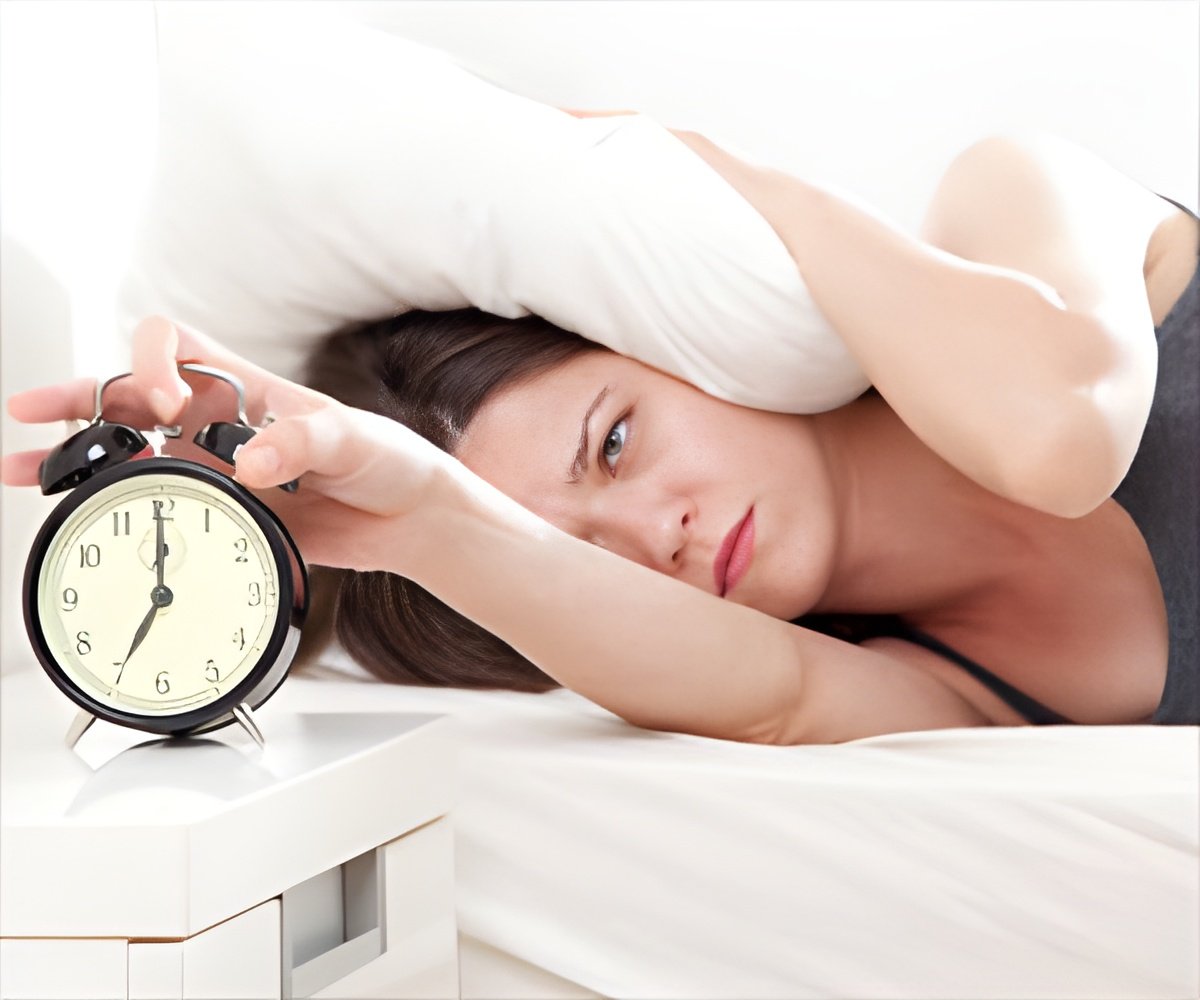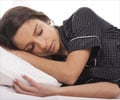Sleep deprivation increases depression among adolescents, find two new studies.

- Depression is more severe in teens with co-morbid sleep disturbances
- Resolution of sleep deprivation aids in lowering intensity of depression
Link between Depression and Sleep Deprivation
Sleep deprivation and depression are inter-linked with some people showing signs of depression that can lead to difficulty in sleeping while some others showing depression due to lack of sufficient sleep. Two significant studies, however, have now shown that teen sleep disturbances increase depression. Study investigator Ellie McGlinchey, postdoctoral research fellow, Columbia University Medical Center, New York City says "We know that there are affective consequences of sleep deprivation in adults, and sleep deprivation in adolescents - who are already vulnerable - might exacerbate their emotional vulnerabilities as well". Ellie also wanted to study the effect of reducing sleep disturbances and identifying its effect on depression among teens.Interpersonal Psychotherapy Study
In the first study, 63 adolescents were included and it involved comparing the effects of interpersonal psychotherapy and normal treatment measures. Treatment effects were analyzed based on self reporting by the study participants on the effect on insomnia and depression. The participants said they had at least mild sleep disturbances over a period of two weeks with a reduction in sleep disturbances when compared with baseline.TOP INSIGHT
A good night's sleep is a must for good physical and mental health of teenagers as disturbances in sleep can aggravate the risk of depression.
Treatment for Adolescent Depression Study
In the second trial, 439 adolescents were included in the study and were treated with:- Cognitive behavior therapy
- Fluoxetine therapy
- Cognitive behavior therapy and Fluoxetine therapy
- Placebo
In this study, for every point increase in sleep deprivation, there was a 2.30 point increased in depression score (Reynolds Adolescent Depression Scale).
These studies find a significant increase in depression among adolescents with sleep deprivation and those sleep disturbances should be reduced to aid in the psychological well-being of teens.
Use of Drugs
The use of hypnotic drugs that are used to aid sleep in adults cannot be used for adolescents as they affect brain development in adolescents. Anti-depressants have also been found to make the condition worse.Behavioral Therapy
Behavior therapy should be used to improve sleep in adolescents to lower their risk for depression. Teenagers are prone to sleep disturbances due to:- Packed daily schedules that include intense school work and after school classes
- Studying for exams that include staying up late into the night
- Texting or calling friends
- The hormone melatonin secretion occurs later in the night for adolescents when compared with kids and adults, urging them to sleep later at night and wake up later during the day.
- A cold that blocks the nose and makes it difficult to sleep
- Uncomfortable sleep environment, too hot or too cold
- Gaming
- Noisy roommates
- Restless leg syndrome - Itching, tingling or burning sensation in the legs can affect sleep.
- Nightmares - Although these are less frequent than in kids, adolescent sleep can also be disturbed by nightmares.
- Stage 1 and 2 are the initial stages of sleep when eye movements slow down and then stop, heart rhythm slows down and so does respiratory rate.
- Stage 3 and 4 are the refreshing stages of sleep when the body secretes hormones that are required for the growth and repair of tissues.
- REM-Rapid Eye Movement - This is the final stage of sleep when the heart beats faster and the breathing rate improves. A person has clear dreams during this stage.
References:
- Depression and Sleep
https:sleepfoundation.org/sleep-disorders-problems/depression-and-sleep - http://kidshealth.org/en/parents/sleep-problems.html#
 MEDINDIA
MEDINDIA




 Email
Email










